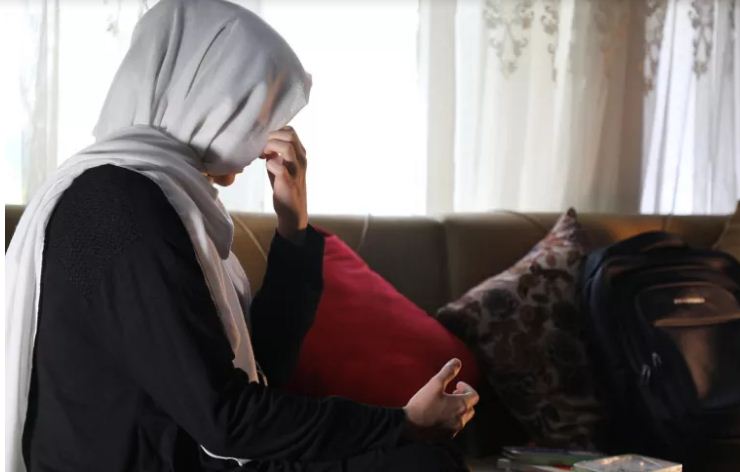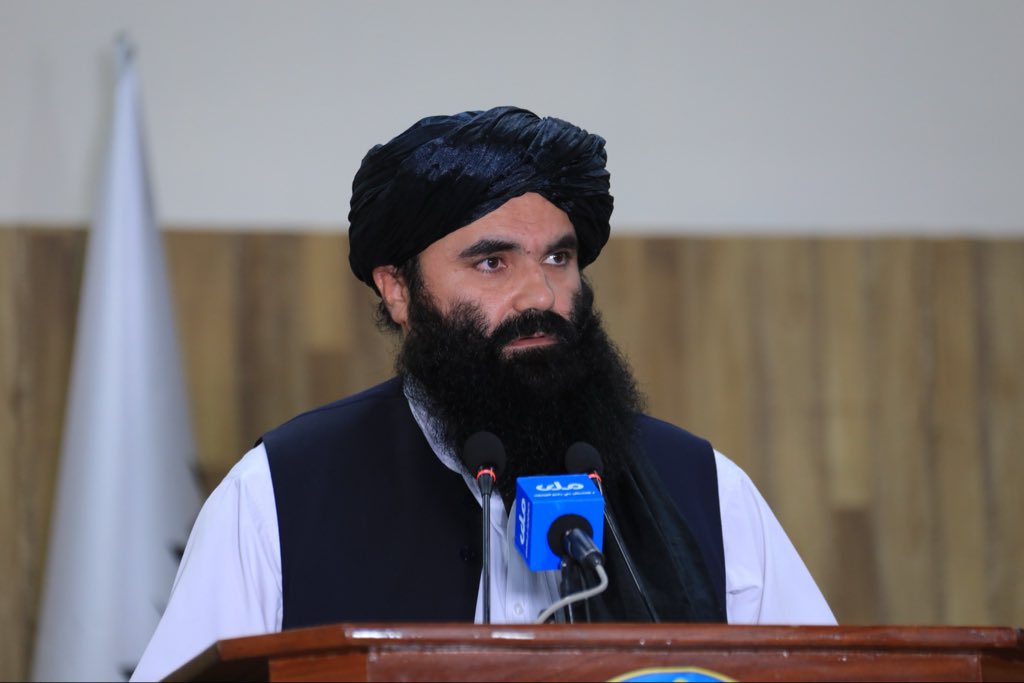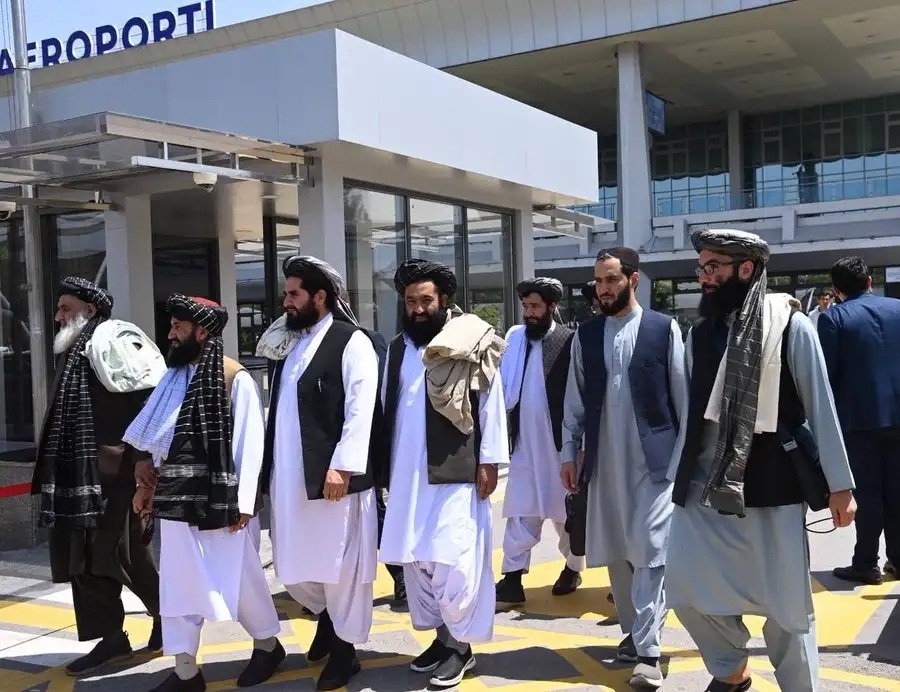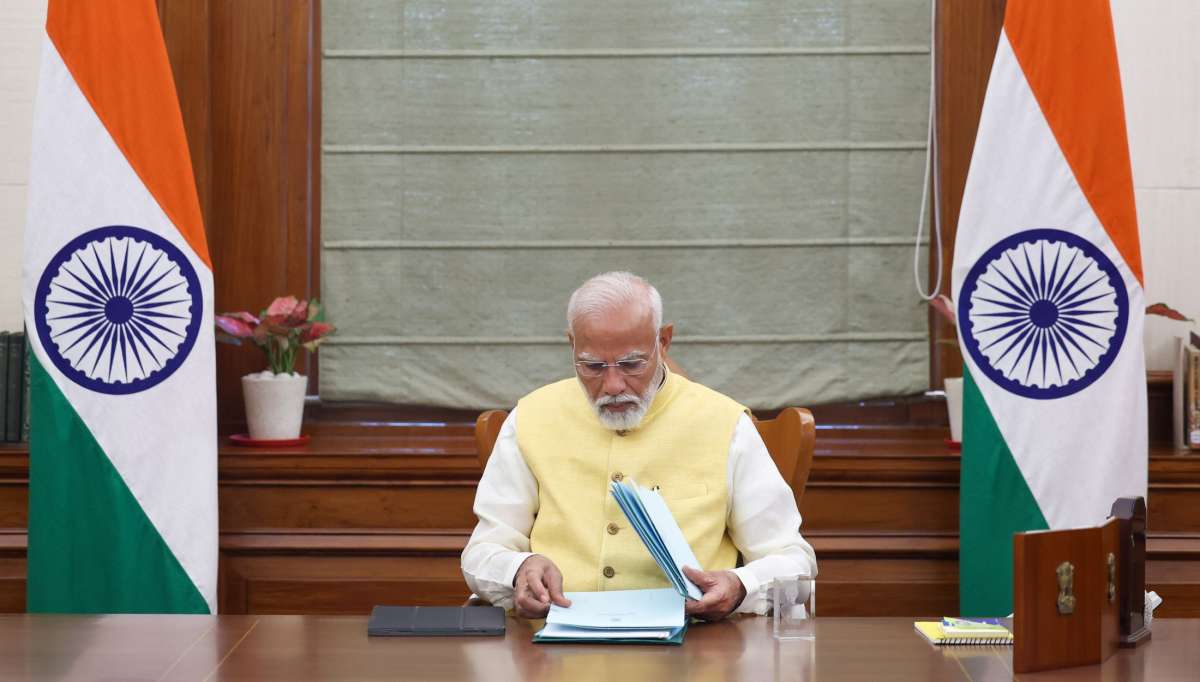The statement emphasised the far-reaching consequences of the ban, extending beyond the immediate loss of education….reports Asian Lite News
Marking 1,000 days since girls in Afghanistan were banned from secondary school, a top official at the United Nations children’s agency, Unicef, on Thursday used this milestone to urge the Taliban to allow girls to go back to school.
“For 1.5 million girls, this systematic exclusion is not only a blatant violation of their right to education but also results in dwindling opportunities and deteriorating mental health,” UNICEF Executive Director Catherine Russell said in a statement.
The statement emphasised the far-reaching consequences of the ban, extending beyond the immediate loss of education.
“It exacerbates the ongoing humanitarian crisis and has serious ramifications for Afghanistan’s economy and development trajectory,” the statement added.
Russell appealed for the return of girls to schools, pointing to the fact that no country can move forward when half its population is left behind.
“I urge the de-facto authorities to allow all children to resume learning immediately. And I urge the international community to remain engaged and support these girls, who need us more than ever.”
Since returning to power in August 2021, the Taliban has banned girls and women from studying beyond primary school. However, in some parts of the country, women and girls still attend religious schools, as well as midwifery and nursing schools.
The Taliban government is not recognised internationally.
Meanwhile, the Afghan government has declined to participate in a regional meeting on Afghanistan held in Tehran, a senior Taliban diplomat said last week.
Zakir Jalaly, the third political director of the foreign ministry, wrote on X that the Afghan government expects that established mechanisms should be used for discussions on Afghanistan, not new ones.
Special representatives of Iran, Pakistan, Russia, and China met in Tehran last week to discuss Afghanistan.
The United Nations is set to hold an international meeting of various countries’ special representatives for Afghanistan later this month in Doha, with the aim of increasing international cooperation on the country.
The Taliban did not participate in the previous round of the Doha meeting in February. Jalaly added that the Taliban is engaged in talks about the upcoming Doha meeting.
In December, the UN Security Council adopted a resolution calling for the appointment of a special envoy for Afghanistan. The Taliban have consistently been against this.
Since returning to power in 2021, the Taliban have rejected calls for the formation of an inclusive government and to ensure women’s rights to education and work.
As a result, no country has recognized their government. The country’s banking reserves are frozen in the West, and senior Taliban leaders are on US sanctions lists.
Last week, the UN Security Council lifted travel restrictions on four senior Taliban government leaders. The bans were removed for their visit to Mecca, Saudi Arabia where they will perform the annual Muslim pilgrimage of Hajj.
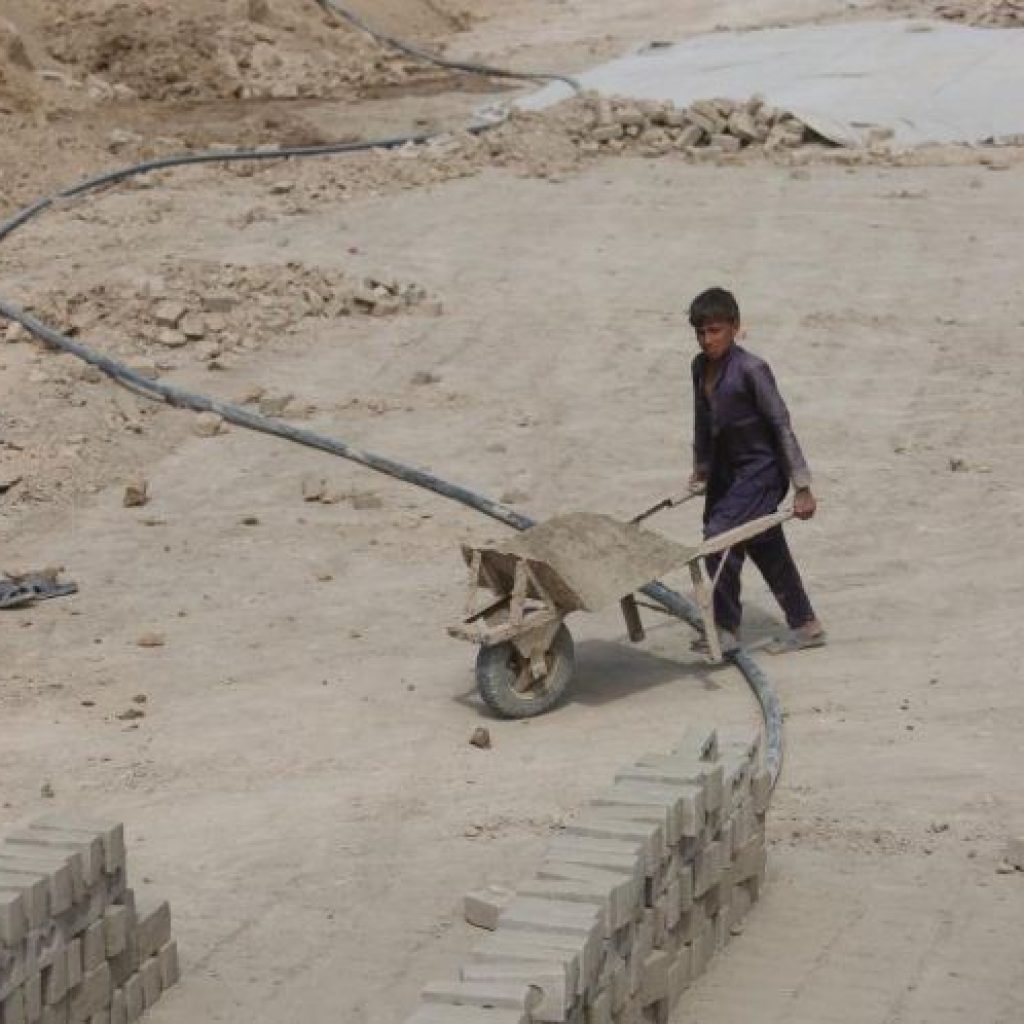
‘19% kids engaged in child labour in Afghanistan’
Nineteen per cent of children are engaged in child labour in Afghanistan, the Afghanistan office of the United Nations Office for the Coordination of Humanitarian Affairs (OCHA) said.
“The Ministry of Labour and Social Affairs is trying to prevent child labour and support their families. The Ministry has activated training centres for orphaned children and has provided vocational training along with other assistance to the children,” local media outlet TOLOnews quoted the Ministry’s Spokesperson Samiullah Rahimi as saying on Wednesday.
Folad, an Afghan child working at a brick factory in the Dehsabz district of Afghanistan’s capital of Kabul, told Xinhua, “I am interested in going to school, but I can’t. We (our family) are in debt, and I’m not able to continue my studies because of poverty. If the government supports my family, I can go to school and continue my lessons.”
Four decades of war and extreme poverty in Afghanistan have forced numerous children to work as child labourers or struggle to make a living on the street from car washing to shoe shining as quoted by Xinhua news agency report.
ALSO READ: Floods in Afghanistan’s Ghor, Faryab provinces kill dozens


